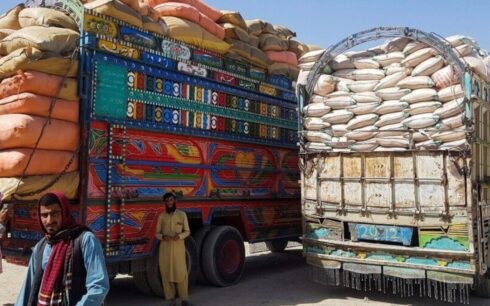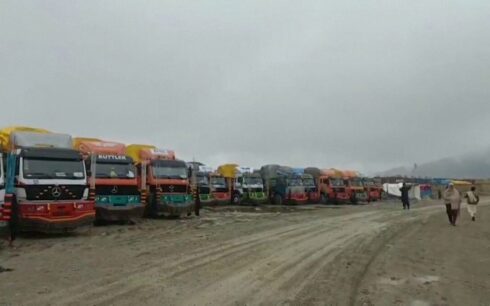KABUL, Afghanistan — When the Taliban seized power in 2021, veteran NGO worker Forozan Kohestani lost her job and had to pivot to a new career. She founded a cake factory, hoping to provide a lifeline for Afghan women unable to find work under the new regime’s stringent restrictions.
Kohestani secured a loan of 350,000 Afghanis ($4,870) to establish her factory, hiring 15 women and five men in 2022.
Initially, the business flourished, generating around 100,000 Afghanis ($1,390) per month, which allowed her to pay salaries and support her family.
However, as Afghanistan’s economy deteriorated, her monthly income halved within a year, pushing her business to the brink of bankruptcy.

Two months ago, Kohestani sought another loan but was rejected because she still had to repay her initial loan. Desperate, she is now trying to borrow money from friends to keep her factory afloat.
“When we go to the banks to apply for a loan, they ask for a house ownership certificate as collateral, which is a major challenge for us. They also require two government employees as guarantors, and it’s very hard for us to find two guarantors,” Kohestani said, outlining the difficulties in securing bank loans.
Many of Kohestani’s employees fear that the factory’s closure would leave them with no other option but to “beg on the street.”
Female-led businesses like Kohestani’s face significant obstacles accessing capital and markets due to Taliban restrictions.
A United Nations Development Programme (UNDP) study released in mid-April found that 41% of 3,100 Afghan female entrepreneurs surveyed had taken on debt, but only 5% had managed to secure credit through a bank or micro-finance institution, relying instead on loans from friends or family.
The study also revealed that over 70% of respondents were unable to travel to local markets without a male guardian, further hindering their business operations.

Although the Taliban have not officially banned women from working, they have barred many Afghan female aid workers, closed beauty salons that employed tens of thousands of women, and restricted women’s movement and employment in many institutions without a male guardian.
This has caused female formal employment—already low before the Taliban’s takeover in 2021—to plummet, according to international development and labor organizations.
Despite these challenges, some female entrepreneurship persists. Certain Taliban officials, including the commerce minister, have expressed a desire to support female businesses, many of which employ women in sectors such as carpet weaving, handicrafts, dried fruit, and saffron production.





